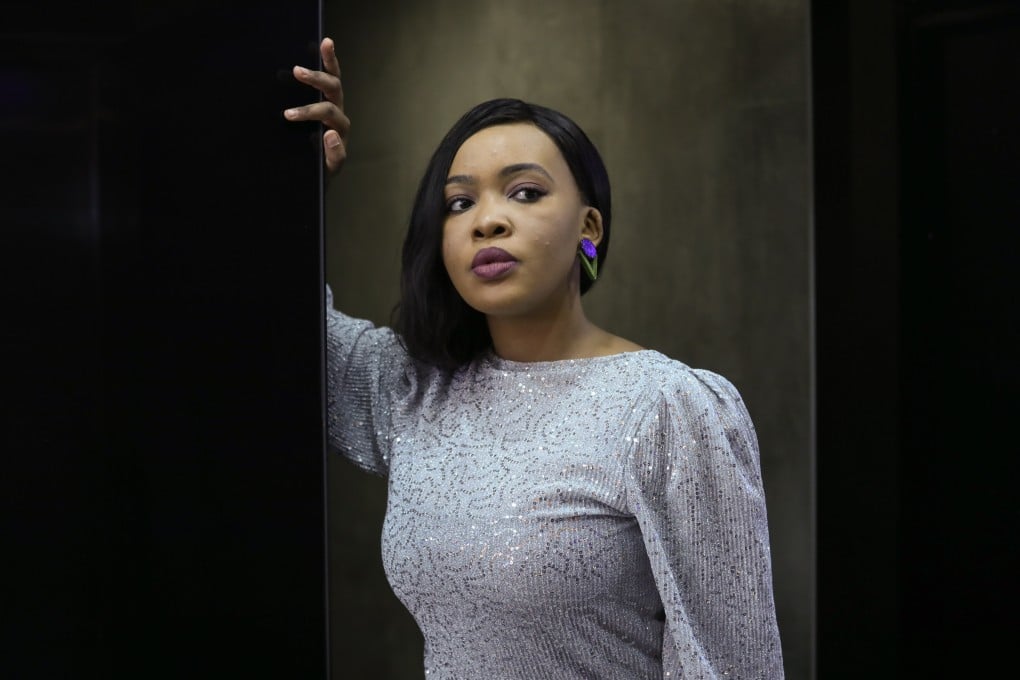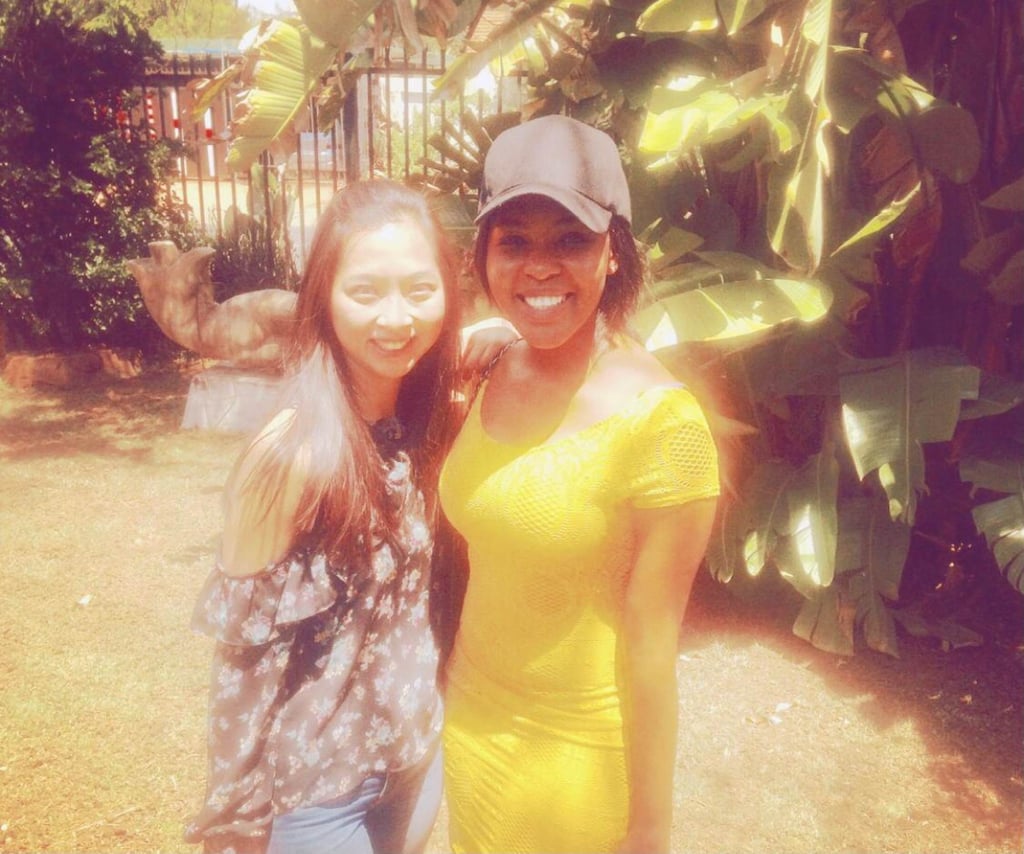South African who sings in Chinese on C-pop, her favourite artists, and the new songs she’s worked on in Hong Kong
- ‘I don’t think there’s another black woman releasing Canto- or Mando-pop songs,’ says Zaelo, who considers singing in local languages bridge cultural divides
- A fan of JJ Lin and G.E.M., and of Blackpink, she is open to touring China, and sees Taiwan as an option – Teresa Teng’s Tian Mi Mi was her first Chinese song

South African singer Eli Zaelo spent a chunk of her childhood dancing to R&B legends Whitney Houston and Beyoncé and to the tunes of anti-apartheid Afropop singer and songwriter Brenda Fassie. Music was in her blood.
“My dad was my first vocal coach – he has a great ear for music,” says the 27-year-old. “On Saturday mornings, he’d have music blasting and ask me to do things like listen to a Tracy Chapman song and decipher the lyrics. I was only 10 years old, so I grew up valuing the emotive power of music and looked forward to the day when I could create my own.”
Now based in Hong Kong, Zaelo is living that music dream. What’s different to her original plan, however, is that she’s creating music in Chinese – Cantonese and Mandarin.
“Growing up in [the South African city of] Pretoria I was exposed to different genres of music and my taste was, and still is, very diverse. I’d listen to Afrobeat, gospel, jazz and hip hop all in one day, but my favourite styles have always been house, dance music and R&B.”

It’s a musical journey that has spanned the globe. “Most of my adult life has been outside South Africa and even though I miss home, mentally, there’s no turning back. I’ve explored quite a bit of the world and I want to keep going.”